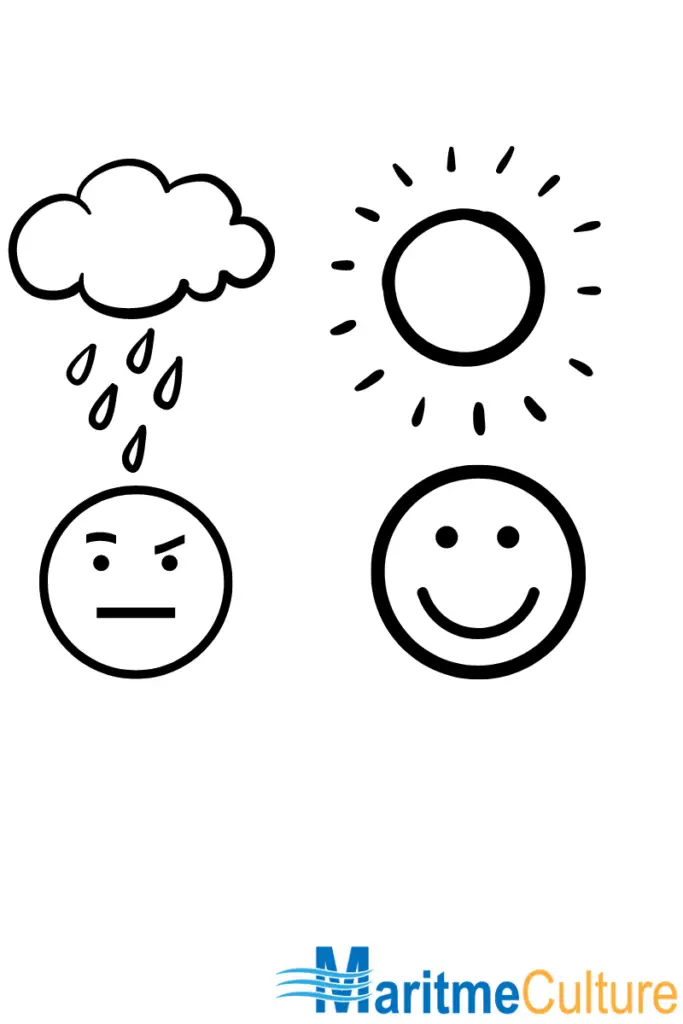With the study of Meteorology we cover the study of the atmospheric sciences which includes atmospheric chemistry and atmospheric physics, with a major focus on weather forecasting. The world is an ever-changing picture of naturally occurring events. From drought and famine to devastating floods,
some of the greatest challenges we face come in the form
of natural disasters created by weather.
Thanks in part to the rise of social media, more people than ever are sharing their weather-related observations, impressions, and photographs with the world.
Page Contents
Intrinsic study Meteorology
Every time we step outdoors, or even look out of the window, we experience weather. Sometimes we are greeted by clear, blue skies; at other times we are faced with grey clouds. On some days,
we feel the wind in our faces; on other days it can be completely calm. Some days are warm, other days are cold, bring rain, some stay dry. Some even bring severe weather – heavy
snowfall, freezing rain, tornadoes or dust storms. No two days of weather are the same, and the weather is always changing.
Weather is one of those parts of our lives that we either love or hate. On a clear, sunny day we all rave about the weather being glorious,while on a dull, rainy day we rant about the
weather being terrible. We often strike up conversations with friends and relatives and even strangers with an opinion about the weather– and as the weather is constantly changing,
there is always something to talk about. From professional meteorologist to enthusiasti camateur, weather is one of those things ofwhich we all have some degree of knowledge.
The basic principle of making an observation and then a forecast is something we all do every time we look up at the sky and wonder
if it is going to rain. It seems as if we belong toa world that is obsessed with the weather. But where does this obsession come from?

The Influence of Weather
Probably our obsession with the weather stems from the way that it can capture our imaginations. We may pay little attention to
common, day-to-day weather events, such as clouds and rain, but when the weather produces something fascinating, such as a
sunset, a stunning cloudscape or a picturesque snow scene, we often take note and reach for our cameras . The weather influences our actions every single day without our even having to think about it.
We must adapt our daily routine to the changes in weather from one day to the next. Before we leave the house in the morning on a rainy day, for example, we might choose to take a raincoat and an umbrella with us; on a cold day, we wrap up warm; on a hot, sunny day we might take our sunglasses.
Once we have left our house, the weather can influence our journey to work: on a warm, sunny day, we may consider walking; on a rainy day, we may drive or take the bus. At lunchtime, we might consider a hot drink if the weather is cold; in hot weather, a cold, refreshing drink may be a more appropriate option. And when we arrive home after a day’s work, the weather may influence whether we spend the evening outdoors, or spend it indoors in front of the TV.
HOW STUDY METEOROLOGY?
The sudy of meteorology can be splitted in different part that depend on the approach, in more details we can have:
- daily life observations
- Scientific and job approach
- Maritime approach
1.Daily observation
The daily observation means that everyone from observing constantly eveydays can create a big culture, going on deep studying the theorical part of meteorology in order to understand why the things happen upon your head, and this what we are going to do on this website.
2. Working as meteorologist
in general terms, a Meteorologist is someone who observes, reports and forecasts weather conditions. There are several different kinds of Meteorologists, including the following:
- Weather forecasters
- Climatologists
- Researchers in Atmospheric Sciences
- Consulting Meteorologists
- Lecturers
- Weather broadcaster
Meteorology is a tough subject, which requires pre/co-requisite knowledge in higher mathematics, advanced physics and chemistry, as well as a good computer proficiency. the basis requirement for becoming a Meteorologist is a BSc degree in Meteorology or Atmospheric Sciences.
Salary of meteorologist

3. Maritime Field
This is a natural approach to the study of meteorology, because the officer of navigation on board of ships in all around the words are constantly in contact with weather forecast.
The officers are trained to understand the evolution of the wheater by observing and compare all with the weather reports, we will go in deep in the nexts articles.
